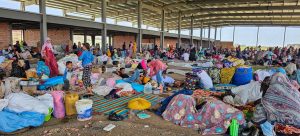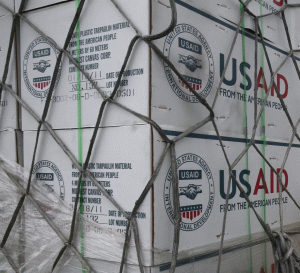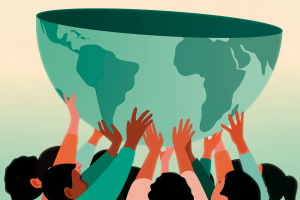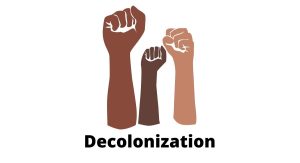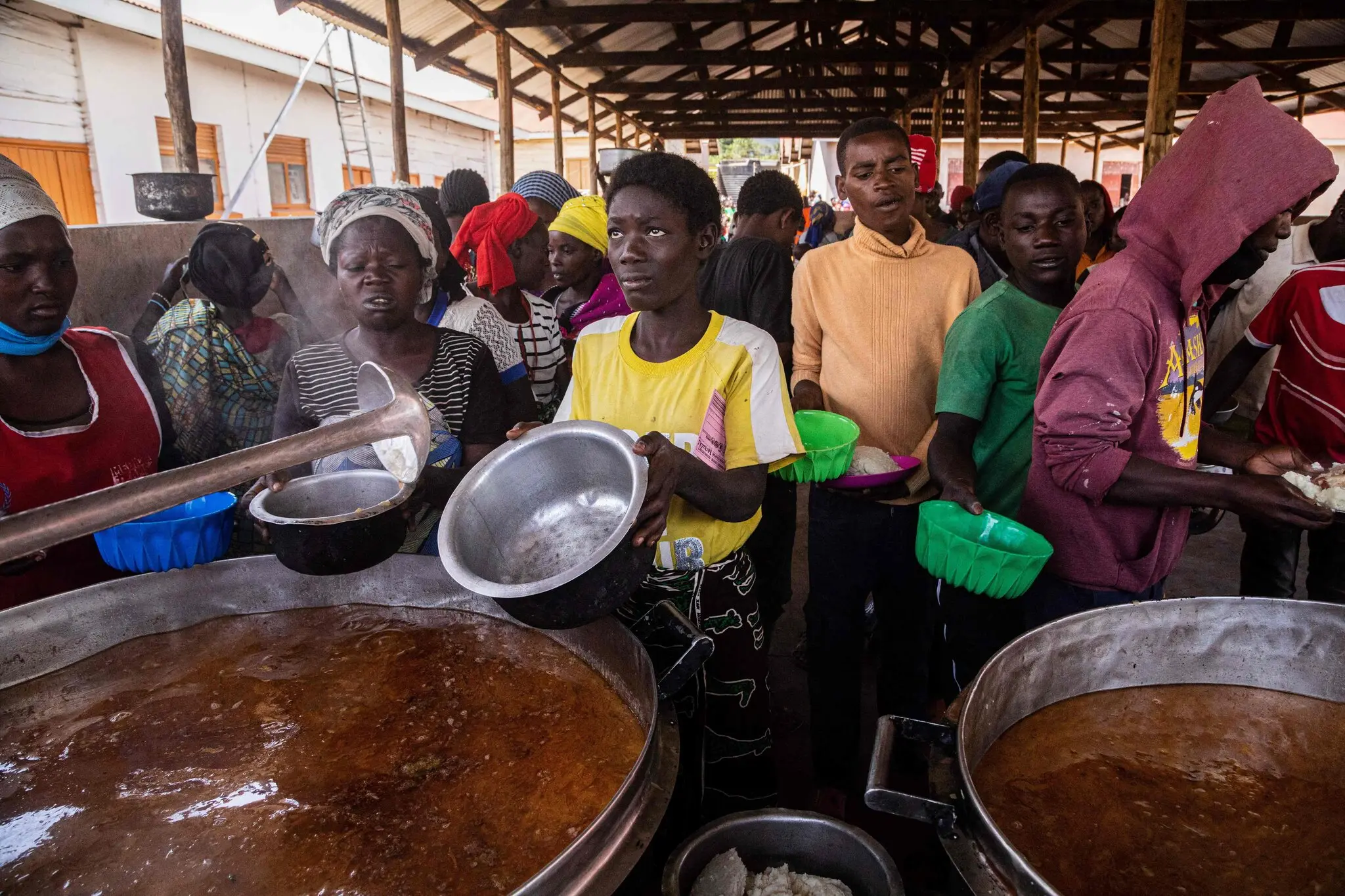The United Nations (UN) released a 10 April report stating that the 2-year war in Sudan is one of the worst humanitarian crises of the 21st century, with tens of thousands dead, over 12 million people displaced, and 25 million – half the population – facing extreme levels of hunger. The report states that both the paramilitary Rapid Support Forces [RSF] and Sudanese Armed Forces [SAF] have obstructed access to critically needed humanitarian assistance. “Tens of thousands more will die…
Tag: international aid
Re-imagining foreign aid
Farah Stockman in her NY Times editorial decries the chaos and devastation from cuts in US foreign aid, but also calls for re-imagining a foreign aid that addresses serious flaws inherent in the current forms of aid. We know that local groups (especially under-funded government health systems) are far more cost-effective and attuned to what communities need – and stay long after foreign workers depart. Cutting out the middlemen is essential, and more cost-effective – as leaders in the global…
Moving Beyond Allyship in the Decolonization of Global Health
The University of Washington School of Public Health’s Alison Wiyeh, MD, MSc (PhD student in the Department of Epidemiology with a concentration in public policy and management) and Ferdinand Mukumbang, PhD, MS (Assistant Professor in the Department of Global Health) recently published a correspondence in The Lancet, “Global South leaders should strengthen strategic capacity“. The commentary describes the limitations of relying on Global North allyship in the decolonization of global health. Wiyeh and Mukumbang’s argument is particularly salient following current…
Kenya’s protests: The violent cost of IMF debt
Recent demonstrations against Kenya’s Finance Bill 2024 were met with deadly repression. At least 39 civilians were killed and hundreds injured by Kenyan police while protesting the proposed 346 billion Kenyan shillings ($2.6 billion) tax increase. This Bill was intended to generate government revenue, a condition of the $2.34 billion International Monetary Fund (IMF) 38-month loan issued to Kenya in April 2021. The proposed tax levies would have increased the price of basic commodities including bread, sugar, and car petroleum,…
Decolonizing must challenge globalized systems of wealth extraction and profiteering.
The authors of a February 2024 Bulletin of the World Health Organization article call for global health actors to challenge current forms of corporate and financialized colonialism that operate through globalized systems of wealth extraction and profiteering. They note that most of the current narrative on decolonization focuses on correcting power imbalances between health actors in high-income and low-income countries and on challenging ideas and values of some wealthy countries that shape the practice of global health. The authors of…
Defunding UNWRA in Gaza is ‘collective punishment’ – Lancet & Health Justice Organizations
Health and political leaders globally have condemned defunding of UNRWA, the principle lifeline for the people of Gaza. Sharmila Devi, in the current issue of Lancet, quotes UN leaders and aid agency leaders (including WHO) “no other entity has the capacity to deliver the scale and breadth of assistance that 2·2 million people in Gaza urgently need,” the cuts are “collective punishment,” and “if a teacher is found to be a murderer, we don’t get calls to defund the school…
Tim Schwab & “The Bill Gates Problem” Town Hall Seattle Podcast
Tim Schwab, author of the recently published “The Bill Gates Problem: Reckoning with the myth of the good billionaire,” headlined a Seattle Town Hall event in December 2024 sponsored by the Community Alliance for Global Justice. In this podcast of the event, Tim explains how Bill Gates’ uses his foundation as a vehicle for unaccountable personal power and influence, using taxpayers dollars. He describes how dogmatic belief in the primacy of the private sector and their patent interests and the…
[BOOKS] on Medical Appartheid
Medical apartheid refers to the systemic discrimination, segregation, and unequal treatment of individuals or groups based on their race or ethnicity within the healthcare system, leading to disparities in access, quality of care, and health outcomes. Book recommendations on medical appartheid: “Medical Apartheid: The Dark History of Medical Experimentation on Black Americans from Colonial Times to the Present” by Harriet A. Washington (2006) Washington meticulously documents the history of medical exploitation and mistreatment of Black Americans, offering a comprehensive…
U.N. Faces Record Humanitarian Aid Shortfall — but Not for Ukrainians
Important article about a just published UN report that describes the structurally racist responses to global humanitarian crises. Farnaz Fassihi reminds us that as war, global heating/drought, COVID-19, and longstanding structural violence have grossly increased the need for global humanitarian assistance, the responses from the US, Europe, and Japan has focused on Ukraine at the expense of non-white countries of the Global South. Rich countries have exceeded the requests for Ukrainian needs but raised less than a third of the…
